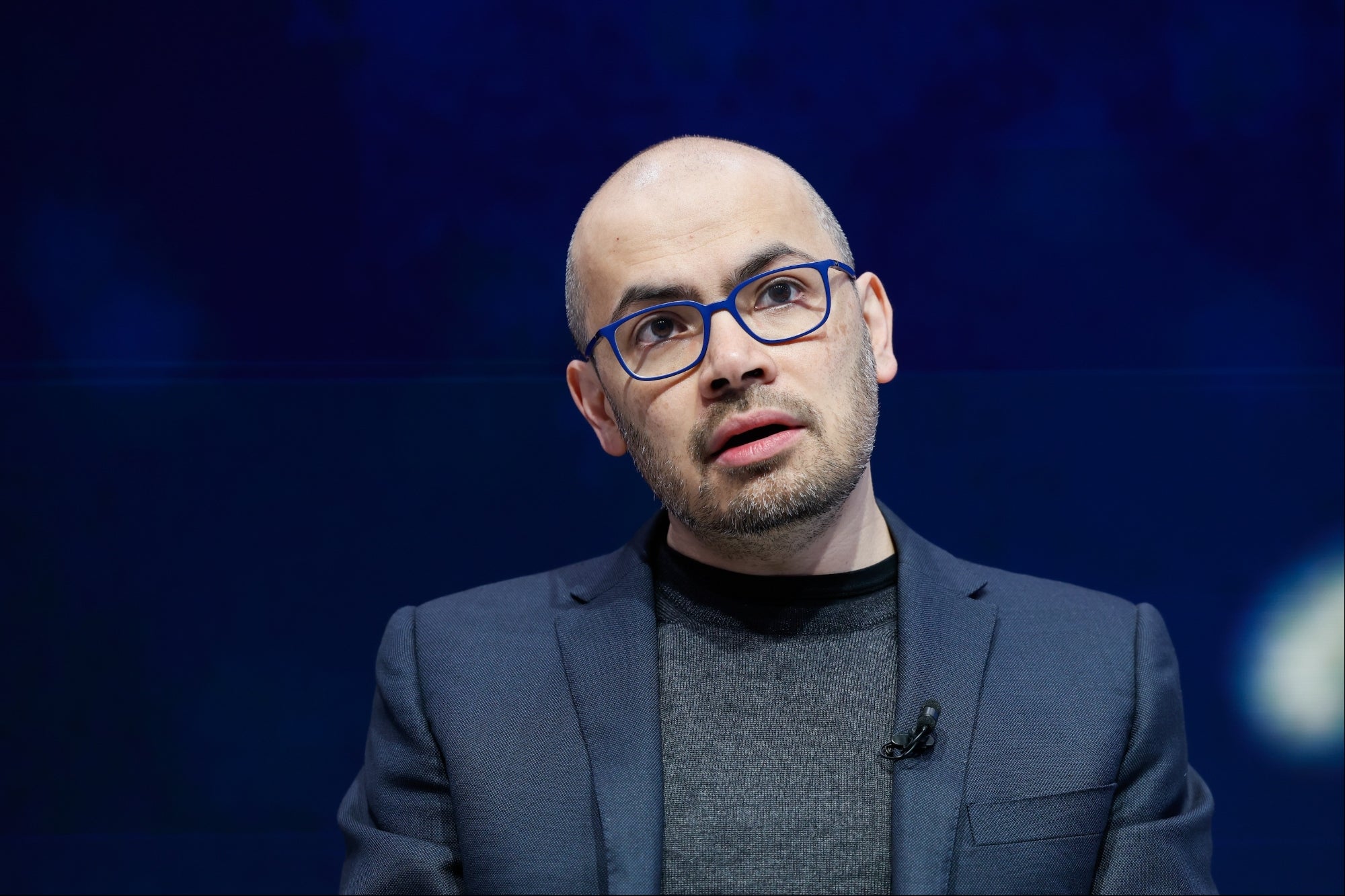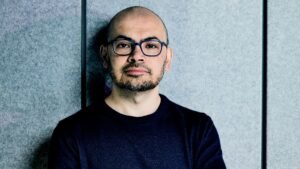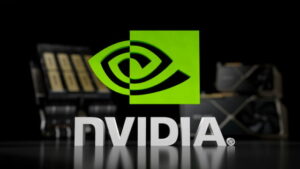From Chess to AI: The Journey of the CEO of Google DeepMind to a Nobel Prize

Demis Hassabis: The Journey of an AI Pioneer
The Early Chess Days
Demis Hassabis, the CEO of Google DeepMind, embarked on a remarkable journey into the world of artificial intelligence (AI) that began with his fascination for chess. Starting at the tender age of four, Hassabis quickly demonstrated exceptional skills in the game, becoming a child chess champion. By the time he was just 13, he had already earned the title of chess master, competing against adults in international tournaments.
In a recent lecture at the University of Cambridge, Hassabis shared how chess influenced his thinking processes. He stated, “How does our mind come up with these plans, these ideas?” This reflects his deep curiosity about the cognitive processes that underlie complex problem-solving.
The Spark of Programming
Hassabis’s introduction to programming was through an electronic chess computer. Instead of merely testing his strategies against the machine, he became intrigued by how the computer was programmed to play chess competently. He recalled, “I remember being fascinated by the fact that someone programmed this lump of inanimate plastic to play chess really well.” This early fascination led him to explore building AI programs on his personal computer, the Amiga 500, igniting a passion for artificial intelligence that would shape his career.
Founding DeepMind
In 2010, Hassabis co-founded DeepMind, an AI company aiming to develop advanced artificial intelligence. The company caught the attention of tech giant Google, which acquired DeepMind in 2014 for over $500 million. Under Hassabis’s leadership, DeepMind has made significant strides in AI research.
Innovations at DeepMind
One of Hassabis’s notable innovations is AlphaZero, an AI algorithm launched in 2017. AlphaZero required only the rules of chess and a mere four hours of self-play to surpass human chess masters, proving its unparalleled strength in the game.
In 2024, Hassabis, alongside DeepMind director John Jumper, was awarded the Nobel Prize in Chemistry for the development of AlphaFold2—an AI model that can accurately predict protein structures rapidly. Remarkably, AlphaFold2 can analyze nearly 200 million protein structures within minutes, facilitating research in crucial areas such as Parkinson’s treatment and tackling antibiotic resistance.
Impact on Drug Development
During his lecture, Hassabis emphasized the traditionally lengthy and costly process of drug development, which usually takes a decade and billions of dollars. According to the London School of Economics and Political Science, drug development costs can vary from $314 million to $2.8 billion. However, he highlighted the potential of AI technologies to significantly shorten this timeline—bringing it down from years to mere minutes or seconds.
This capability could transform how new drugs are brought to market, revolutionizing healthcare and making treatments more accessible.
The Future of AI
Hassabis is optimistic about the future of artificial intelligence. In a recent meeting with DeepMind employees, he expressed his belief that AI will surpass human intelligence within the next decade. This prediction illustrates his ongoing commitment to pushing the boundaries of what AI can achieve.
In summary, Demis Hassabis’s journey from a chess prodigy to a leader in AI research underscores the profound connections between early interests and groundbreaking innovations. Through DeepMind and AI advancements like AlphaZero and AlphaFold2, Hassabis is not only reshaping technology but also paving the way for transformative changes in science and healthcare.




